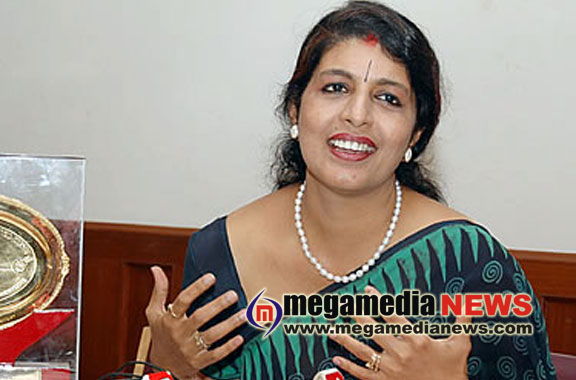23% of child marriages in India happen in Karnataka: Panel
1:09 PM, Saturday, January 21st, 2017 Bengaluru: Karnataka registers 23.2% of child marriages reported in the country, according to the Karnataka State Commission for Protection of Child Rights (KSCPCR). The state is also among the top 10 in the country in reporting child marriages.
Bengaluru: Karnataka registers 23.2% of child marriages reported in the country, according to the Karnataka State Commission for Protection of Child Rights (KSCPCR). The state is also among the top 10 in the country in reporting child marriages.
Kripa Amar Alva, chairperson, KSCPCR, told reporters on Friday that the state had been either in the eighth or ninth position in the country with respect to child marriage, according to the National Health Mission.
She added that child marriage was mostly prevalent in parts of North Karnataka with a majority cases reported from Dharwad, Belagavi, Bagalkot and the surrounding districts. The highest numbers are from Yadgir.
She said the practice is prevalent in certain communities and added that a sizeable number of “Gujjar” marriages are also reported in the state.
Explaining the practice of Gujjar marriages, she said, “Men from Gujarat and Rajasthan buy out young children by paying families Rs 10,000 in the name of marriage. They take them to their hometowns and abandon them. This could lead to more complicated issues such as trafficking and flesh trade.”
Members of the commission added that teenage affairs leading to child marriage are on the rise.
“There is a rise in youths eloping. Though parents are aware of it, they make no attempt to stop it fearing it might mar their image in society.”
The Commission for Protection of Child Rights will launch a campaign to prevent child marriages at Vidhana Soudha on Saturday by chief minister Siddaramaiah.
The commission is also launching a new website ‘Kare’ where complaints on a range of problems from education, visitation rights, child labour, ragging, corporal punishment and others can be filed.
The platform serves as a connect between 10 departments including education, labour, women and child welfare and the department of health and family welfare. Complaints lodged on the website are channeled to the departments concerned.
Alva said, “For instance, if someone lodges a complaint pertaining the education department, it would be sent to the DDPI. If it is unattended, the matter gets escalated to the DC.”
Simillar Posts
Warning: count(): Parameter must be an array or an object that implements Countable in /home/megamcaq/public_html/wp-content/plugins/post-plugin-library/common_functions.php on line 357
- None Found
Leave a Reply
© Copyright 2008 www.megamedianews.com All Rights Reserved. Privacy Policy








 Posted in
Posted in  Tags:
Tags: 






